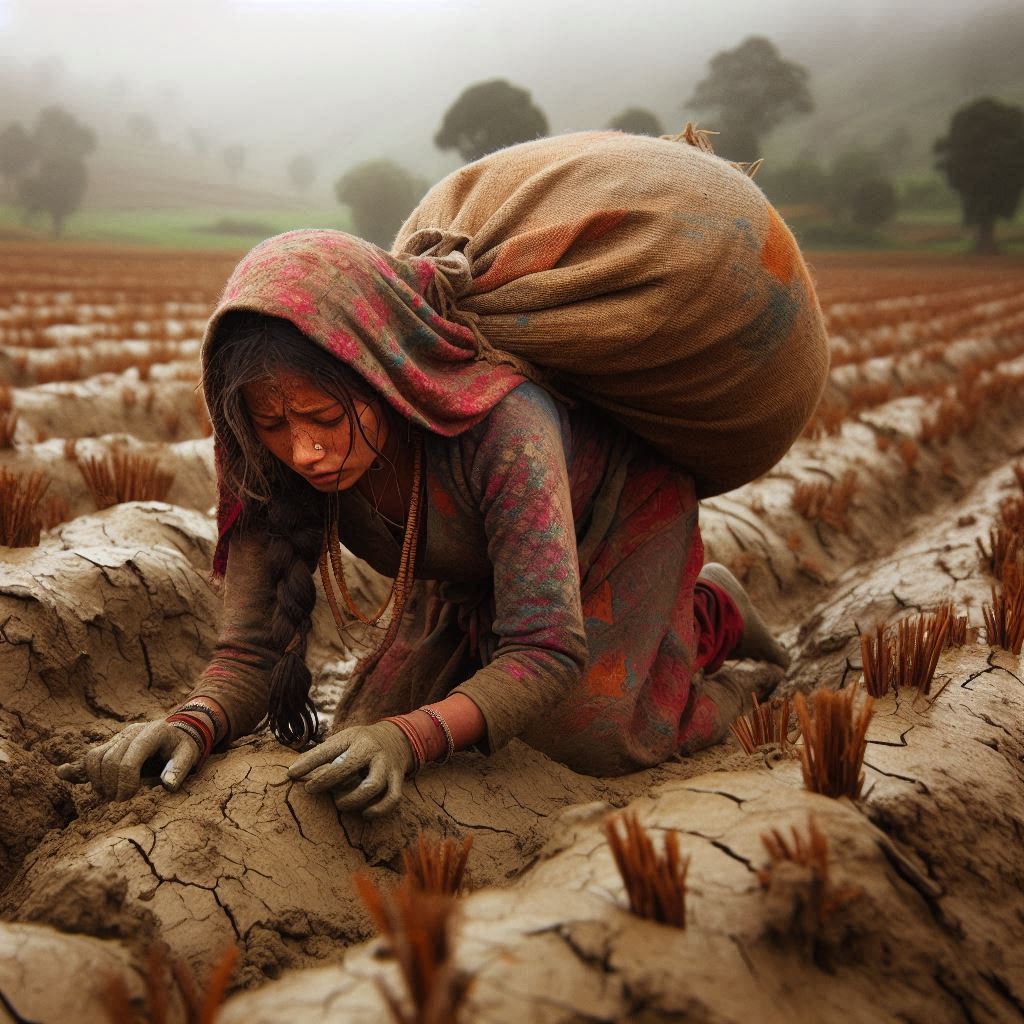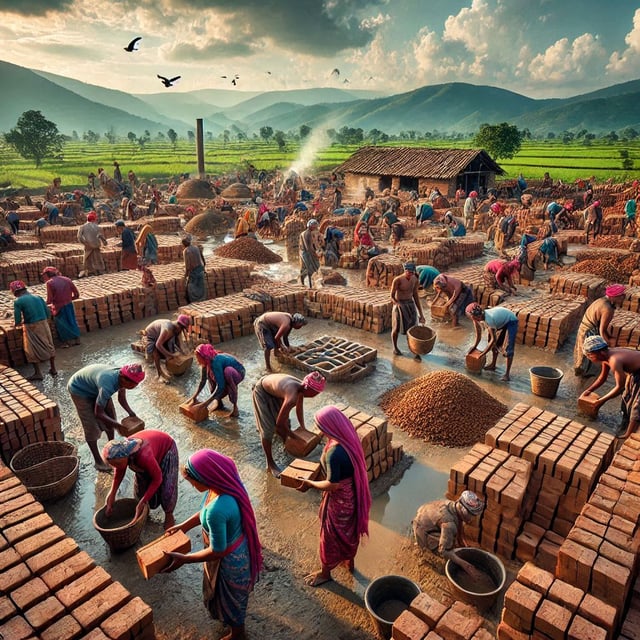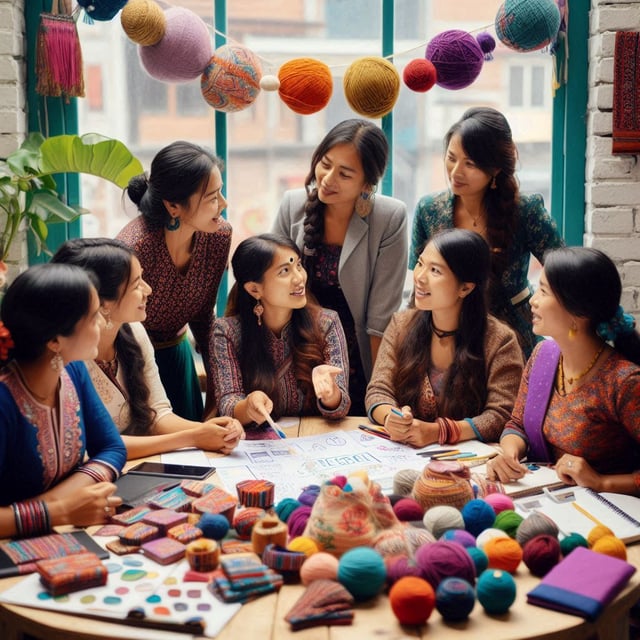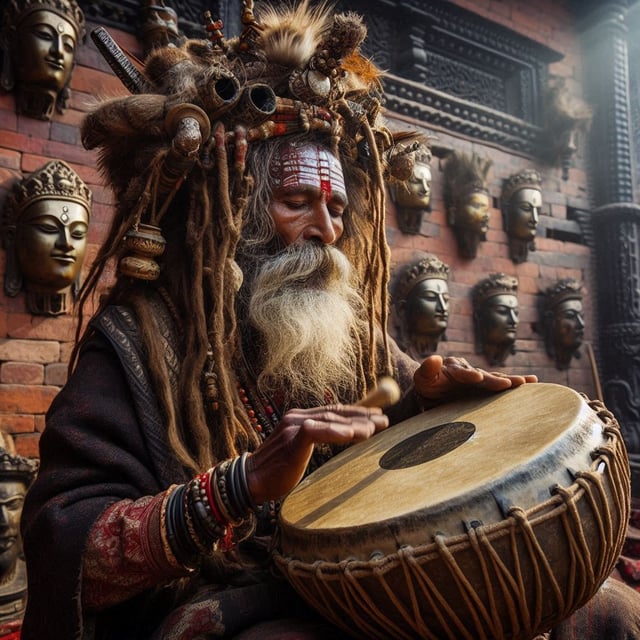Part II: Kamaiya, the servitude of the plains

Tharu has their own system, they draft their own local laws to run their community, as a result, they don’t report any complaints and file cases with the government agencies and utilize democratic norms- as a result, nobody feels injustice. These structures were damaged after the Hill people influx into the plains.
Democratization was not exactly liberation for the Tharu community. Equality was a term used by the democratic party to collect Tharu votes, however, the abolishment of Kamaiya remained limited in words as elected leaders themselves kept Kamaiya while using the debt relief program to benefit party workers.
There was a seismic shift after the civil war that started in 1996 and the Communist-created Tharuwan Mukti Morcha was created in 1998 associated with the Communist Party.
The police killing of the communists and communists attacking landlords became a common practice and transformed the inter-relationship between the communities.
In 2000 the government once again claimed there was emancipation from slavery but in reality, remained chained to structural slavery.
There were some government efforts to eradicate slavery however the tragedy while some continue to suffer.
Out of 8,975 Kamaiya families entitled to land 8,022 Kamaiya have received land while 380 families haven’t got land and 400 others are waiting to get land in different locations. They lament that their condition is no better than it was in the past.
In cases where Tharu was given land, the problem was not resolved. Lal Bahadur Dagaura of Bedkot Municipality-5 was given 5 kattha (18,225 sq. ft) of land which is not enough to support the family as a result he works as a construction worker and has to travel eight kilometers away from Mahendranagar bazaar for work.
As for 37 freed Kamalaris, they have been staying in a Lamadhi-based hostel but the government only provides expenses for 19 people, those who graduate 12 are disqualified to stay in the hostel- they have no guardians or home. The hostel took a loan of Rs.200,000 to manage food for all freed Kamalaris it housed.
The government abolished the Kamalari system but did not plan their rehabilitation. The Federal Government provides Rs.4,000 per month to each student staying at the hostel for 10 months in a year- this money is not enough to manage food in the hostel.
In one case, Padma Chaudhary, a former Kamalari girl staying at Lawajuni Hostel since 2013 is pursuing a Bachelor's in Lamadhi. However, the government provides hostel expenses up to grade 12 and therefore she is no longer qualified for hostel facilities. She has to find other options as she is without the support of the government.
Even in recent periods, Kamaiya has continued to protest for fear of being displaced. The residents of Baijanath Rural Municipality protest the government's decision to set up the industrial area that has been used by freed Kamaiyas and landless people for years. The government announced 525 bighas for industrial estate. Out of which 338 bhigas are unoccupied while the rest are used for housing freed Kamaiyas and landless squatters.
However, the entire story is not completely dark. Shanta Chaudhary who was forced to be a Kamalari at the age of 8, later became a member of the Constituent Assembly in 2008. She was illiterate, she enrolled herself in a six-month adult literacy class and learned to read and write.
He later also served as the Chief Whip for her party in the First Federal Parliament of Nepal.
Krishni Tharu, another parliamentarian was elected as deputy speaker of Province 5, after its first provincial elections.
Urmila Choudary who once lived as an indentured servant received the Global Anti-Racism Champion alongside many other international awards.
Yet, there are some issues of child labor being used for eight years by provincial parliamentarians and doubts about the ethnicity and status of the girl creating outrage by the Tharu Community.
Kamaiya system still haunts the country as social equality still exists as a result there are issues of conflict that could tear apart Nepal’s social fabric.
Author
Kripendra Amatya
Editor
Dana Moyal Kolevzon, Director of International Relations, Nepa~laya Productions
Published Date
November 22, 2024



